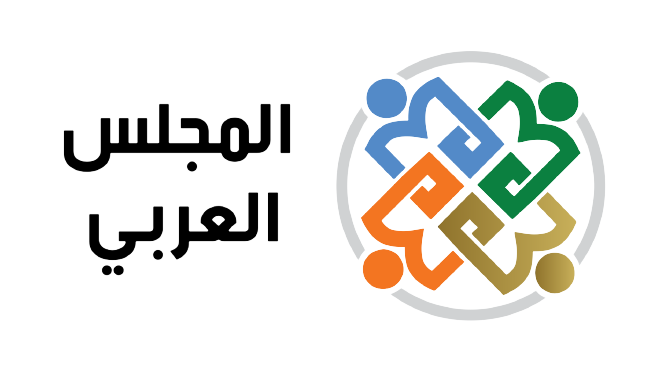The discussion in this workshop revolved around analyzing the challenges facing the Arab world, particularly the issues of authoritarianism, the repression of freedoms, and significant political and social transformations. These, along with the new technological revolution, present clear justifications for the need for action. Thus, responding to these challenges has become imperative. One of the key ideas that emerged from the workshop was the recognition that full agreement among all participants may not be possible, but collaboration is crucial. Despite differences in locations, people, and resources, cooperation remains vital for the success of the project.
The working team was composed of rights activists, political figures, intellectuals, and civil society leaders, all of whom play active roles in the non-profit sector. A core objective was to foster networking relationships. Networking itself became a goal, as collaborating with someone we may not necessarily agree with is a crucial part of the process. Therefore, the establishment of this network became an essential step, as it would generate institutional and individual coordination. This effort is in line with the Arab Council’s framework and aims to produce a positive environment for achieving the project’s goal.
The focus then turned to the need for resource mobilization. Two key types of resources were discussed: financial and human. By attending such events and forming these networks, it becomes clear that future collaborative efforts are possible, and the potential for resource sharing is significant.
Practical Ideas:
-
Interactive Smart Portal:
- The idea of creating an interactive, intelligent gateway was proposed. This platform would facilitate communication and connectivity, both virtually and physically, to foster collaboration. It would also serve to bring together practitioners, experts, and individuals interested in contributing, even if they are not affiliated with specific institutions. This platform would enhance communication on horizontal (networked) levels.
-
Technology Integration:
- The envisioned network should leverage modern technologies, such as Zoom and similar tools, to facilitate online interactions. In addition to virtual spaces, physical gatherings, such as annual face-to-face meetings, would be organized. This combination would ensure continuous, dynamic engagement.
-
Creating Specialized Portals:
- The idea of establishing different portals focusing on key areas such as strategic litigation, accountability, human rights, financial expertise, and transitional justice was proposed. These would serve as focal points for various specialties and allow members to contribute their knowledge and resources. This initiative could also lead to monthly online meetings to share expertise and resources, enabling better access to information and collaborative efforts.
-
Building a Flexible, Scalable Network:
- The network would begin with a modest scope but would grow over time. The goal is to remain agile, starting with small but impactful activities, such as monthly online communication, and gradually expanding. This approach ensures that the network remains adaptable to changing needs and can accommodate the growing engagement of interested parties.
-
Inclusivity and Outreach:
- This space is intended to include not only experts but also individuals who may not be affiliated with formal organizations. This inclusivity is essential for creating a comprehensive and diverse network, enriching the dialogue and potential for action.
Key Takeaways:
- Collaboration Over Agreement: The workshop emphasized that the focus should not be on complete agreement, but on collaboration to achieve a common goal.
- Networking and Resource Mobilization: Central to the project is building connections and pooling resources—both financial and human—to ensure the success of the initiative.
- Building a Platform for Coordination: The interactive portal would serve as a central hub for sharing knowledge, resources, and fostering communication among diverse groups.
- Flexibility and Scalability: The network would start small, with an emphasis on flexibility, and scale up as the project progresses, incorporating feedback and adapting to new needs.
The proposal outlined an ambitious vision for a network that transcends geographical and ideological boundaries, aiming to foster greater unity and action in response to the pressing challenges facing the Arab world.


